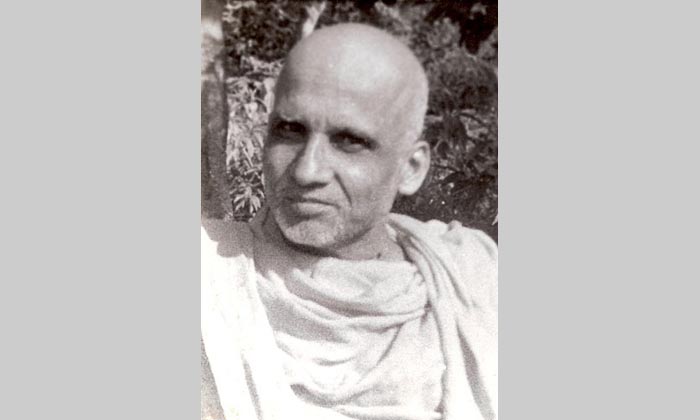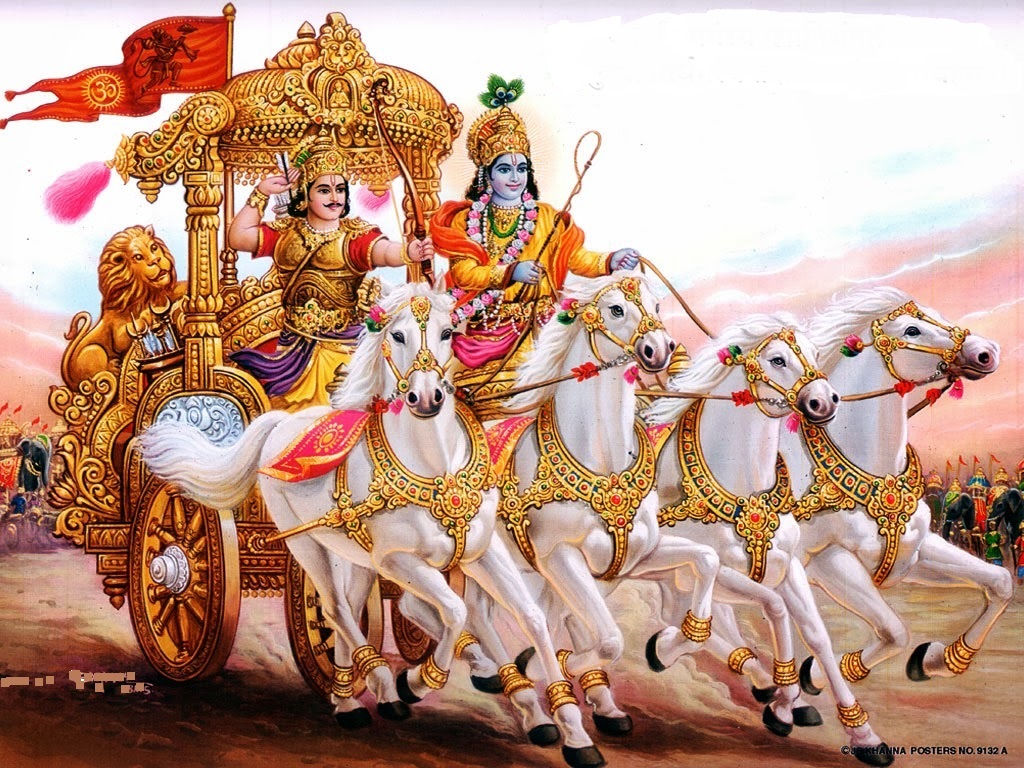The Spiritual Import of the Mahabharata and the Bhagavadgita : 15-15.
Chapter 15: The Rarest of Devotees-15.
That we cannot part with, even in the case of God. The ego is never prepared for this painful ordeal, but one realists that dying to the temporal existence is to live in the eternal Being. One knows for certain that sharanagati or self surrender, the offering of one’s self in jnana yagna or bhakti or devotion, is no doubt a total annihilation of the local individuality. It is the death of the ego and destruction of everything that we regard as worthwhile in this world. It is terrifying indeed even to imagine, but it is an awakening into the cosmic emperor-ship of the soul of man—the enthronement of oneself in the supreme infinitude of the Godhead.
So the religion of the Bhagavadgita, which is concisely presented in the ninth chapter, is not a religion that we usually see practiced in this world, but a soul speaking to God, a rousing of the spirit within to the all-comprehensive reality that is present in all religious faiths, cults and creeds, and which far transcends the concepts of God held as supreme by the various religions of the world. The temporal religions of mankind are transmuted into this eternal religion of the Absolute. Here, no distinctions of any kind can count as worthwhile. There is a complete permeation of the universal meaning of religion into the several particularities of forms of worship, prayer, etc. Hence, when the Great Being speaks this immortal gospel of the Bhagavadgita, He gives us a message of religion which is consistent with the rule of the universe, the structure of the cosmos and the essential Being of God Himself.
Chapter-15. ENDS.
Next : Chapter 16: The Essence of Creation is God's Glory -
Swami Krishnananda
To be continued ....





Comments